From Protest to Party: Remember the History of ‘Pride’
Mooncricket Films LLC
Anyone who visits their local pride month celebrations is sure to see a few things: dancing, rainbow flags (everywhere), and herds of intoxicated people with absolutely no idea what they are celebrating. Don’t get me wrong: I enjoy the party atmosphere as much as anyone else, and pride has always been a safe haven for me to let go of fear and dance, laugh, and celebrate how far we have come as a community from Stonewall in 1969 to marriage equality in 2015. However, I am off-put by the lack of general understanding as to why these ‘celebrations’ happen with many describing ‘pride’ as “the biggest LGBTQ Party of the year!”– it is, but many forget just how long it took us to get there. This community has battled aggressive, preventive intolerance since day one, and it has taken decades of struggle, death, disease, and protest for this celebration to become what it is today.
What you describe as your favorite party of the year started out as a mass protest. What you might think of as an excuse to get belligerent has its roots in LGBTQ people of all backgrounds fighting against their own government for recognition and acceptance. There was a time when government officials ignored us, there was a time when we were all dying – and nothing was done. There was a time when the only ‘celebration’ LGBTQ people got each year was attending a ‘celebration of life’ for a past partner, friend, or relative – and if that isn’t enough, imagine finding yourself (as some members of this community did) at anywhere from 10-50 funerals per month, some only later to receive the same ‘kiss of death’ from a disease which seemed impossible to cure. All that’s missing from Pride celebrations in the 21st century is acknowledgment of those who came before us. The only justice that can come to those people who were robbed of their chance at happiness is for us to keep their memory alive in these annual celebrations, and feel so lucky that we get to dance, drink, and laugh instead of protest, fight, and put our lives on the line for what we believe are basic human rights.
One of the more prominent stereotypes surrounding gay men in 2017 is that we have a libido comparable to adolescent rabbits and consummate at any given opportunity. This isn’t necessarily wrong, especially given that many gay men and women experience years of sexual repression – so it makes sense to think that once you make the choice to come out, that you’d want to then express your sexuality through sex and romance. Yes, intimacy in the gay community is alive and well, but if you’re like Fox News commentator Chadwick Moore and believe that “Most gay people…they care about pop music and going to the beach,” then you’re probably (definitely) missing the bigger picture. Especially if you agree with his bold claim that “Most gay people aren’t political” – in my eyes, Chadwick Moore should have to sit through a lecture on LGBTQ history that doesn’t involve Madonna or Fire Island. While I firmly believe that the majority sees our community through a different, more supportive lens, I know that there are tons of people out there who probably agree with Mr. Moore – because when they see gay people represented in the media, they probably only see chiseled white men, at the beach, listening to pop music. The media today has turned our community into the ‘party group’ and seem to have forgotten the millions of us that have lives, jobs, families, and ambition that has nothing to do with sex, drugs, or partying. There are currently 15 out and proud LGBTQ politicians in the United States – and (on average) gay couples are more educated, and have a higher income than that of heterosexual couples. There are gay people serving in the military, there are gay people serving you coffee, there are gay people running companies (Apple, anyone?), and there are gay sports stars that have won medals at the Olympics in past years. Chadwick Moore, and others like him, categorizes people instead of behavior. For instance, the statement that ‘all white people are racist’, is classifying all white people instead of the unacceptable behavior of a few individuals who also happen to be white. Classifying people means you think you’ve ‘figured something out’ that relates to an entire group, and limits those people in their ability to appear as anything else in society – and I’m sure not all white people believe they are racist, just like not ‘all gay people’ are any one thing. We are (all) boundless in how we choose to represent and define ourselves; the actions of some do not represent the feelings of all. Pride should absolutely be the place to celebrate how far we have come, but it should also be the place we go to march and protest against discrimination as it exists today in places like Chechnya, where they are still grouping, torturing, and killing gay people for what they believe will ‘rid the world’ of homosexual sin.
If you think the fight is over, you aren’t fighting hard enough. If you think marriage equality is all we were working towards, you don’t know our history, and you don’t understand our vision of the future. If you want to get out and celebrate this June, do so with the uttermost respect for those who gave their life so you could openly express yourself. Opportunity comes at a cost, and this is no exception to that rule. This community has paid the price and continues to, all around the world. It is our job to break stereotypes, continue to fight for the liberation of all people, and use the embedded love within this community to combat the very real hate that exists today. If you want to party, dance, and drink this pride month, remember who you’re toasting.






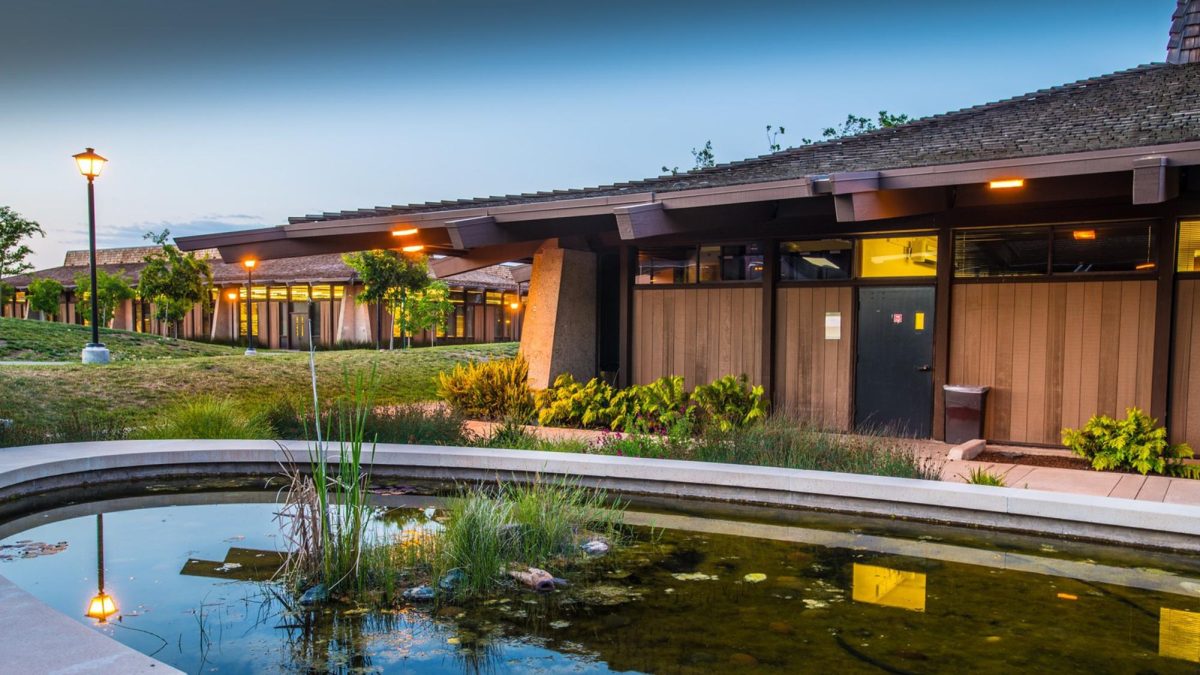











































































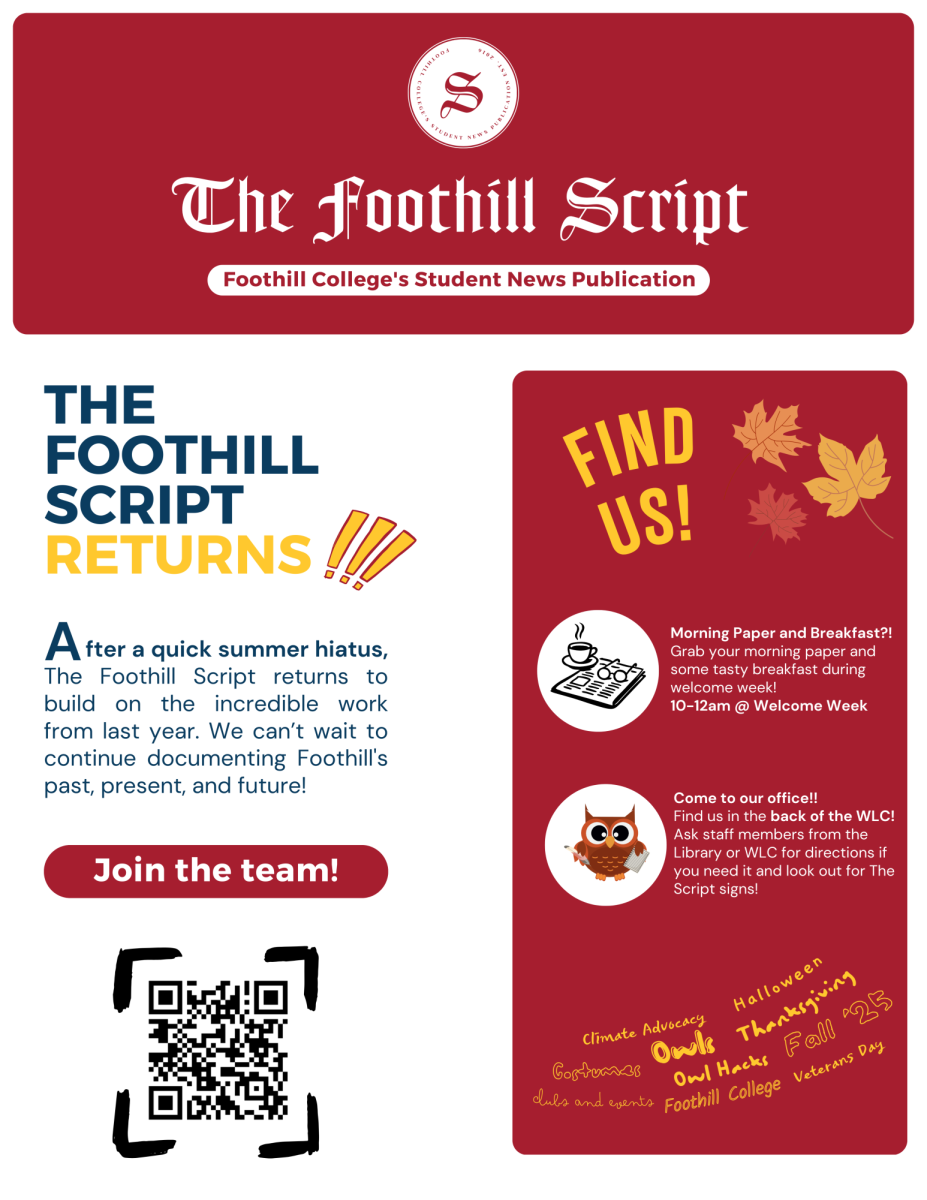



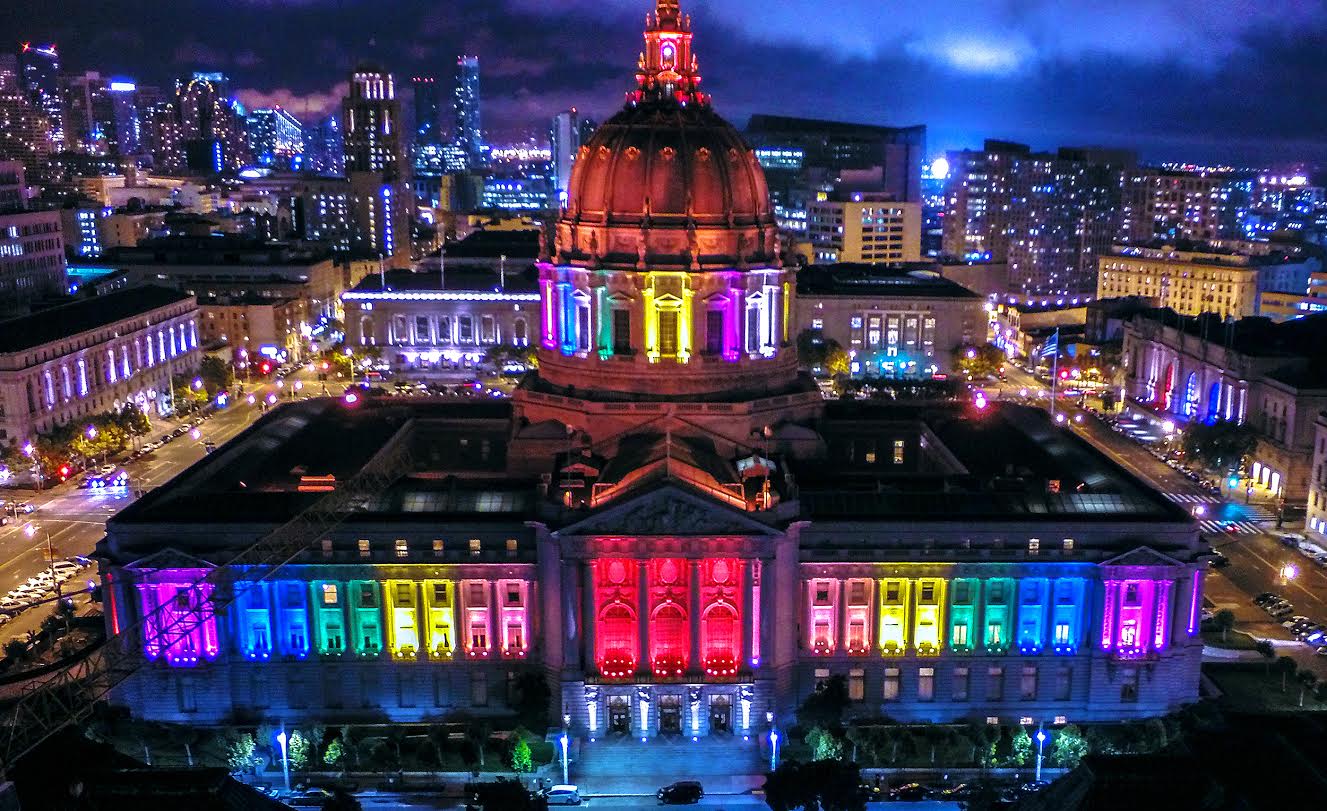
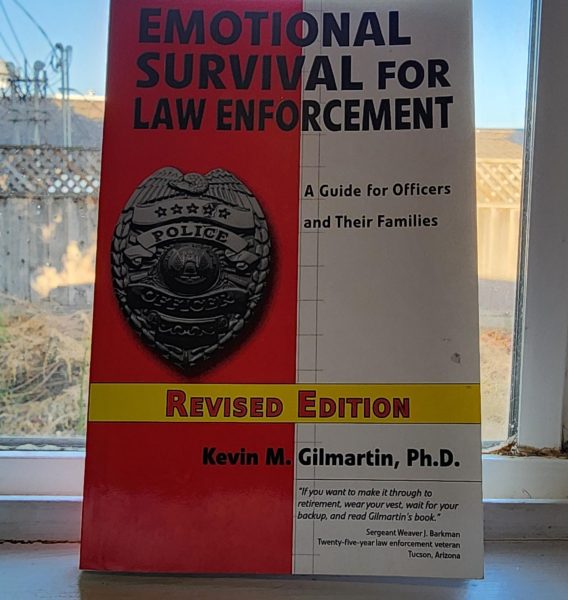


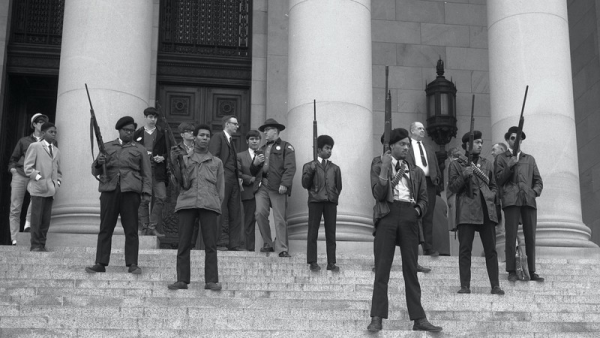
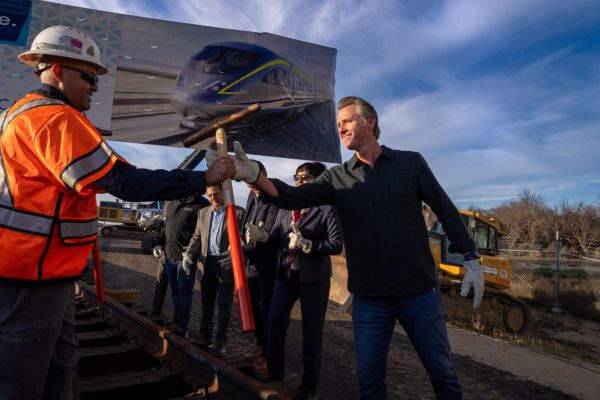
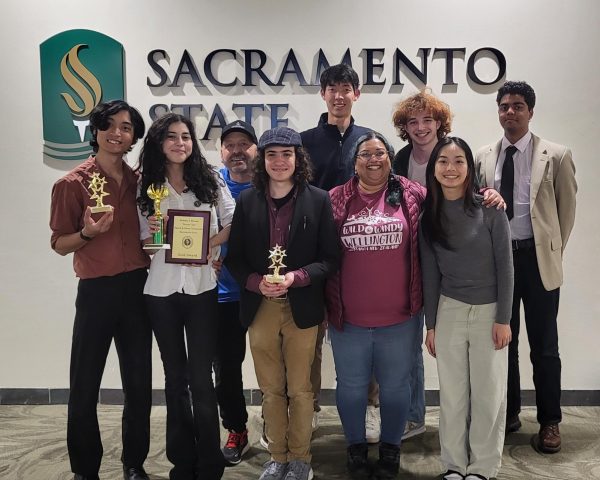
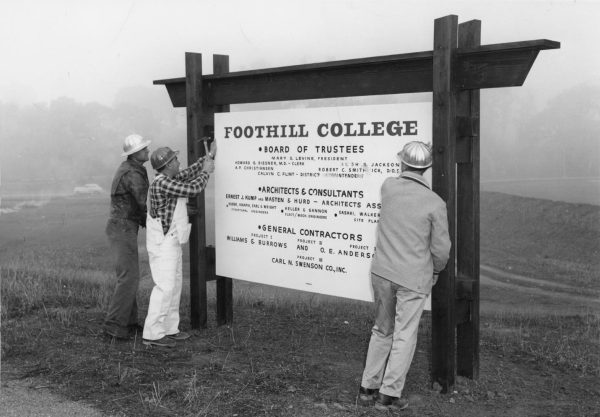
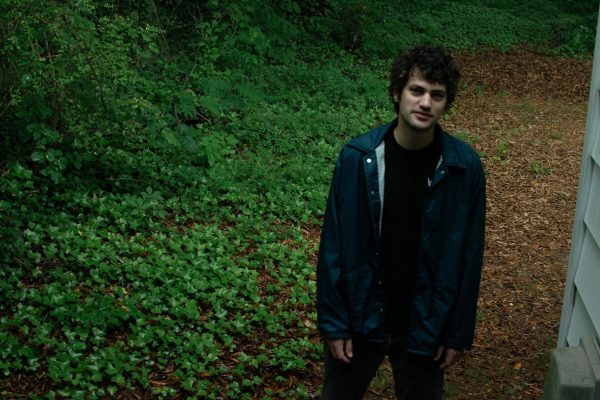
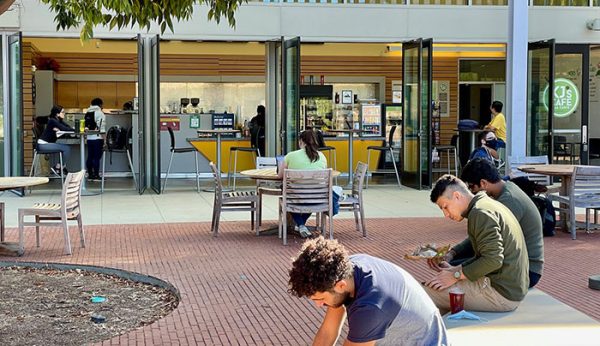
melissa
Oct 9, 2017 at 10:10 pm
Hello Ryan Sherod,
My name is Melissa Guillen and I recently read your article on the history of pride for an english assignment I had and I thought it was great. I would like to say that personally I did not really know the full history behind pride but now I do and understand the big celebration it is today. A line that really stood out to me was the one that said “The only justice that can come to those people who were robbed of their chance at happiness is for us to keep their memory alive in these annual celebrations, and feel so lucky that we get to dance, drink, and laugh instead of protest, fight, and put our lives on the line for what we believe are basic human rights.” As i read it, it made me think of one of my closest friend who is LGBTQ as well and how I would feel if she was treated differently for liking the opposite sex. I would fight hard for her rights to be the same as mine because I care about her and I think it is important. Also, if I could suggest any feedback, I would like to have read more opinion’s on your article of people who are LGBTQ and what their thoughts are on their rights and their protests.
Jaci Ladringan
Oct 9, 2017 at 8:17 pm
Title: “From Protest to Party: Remember the History of ‘Pride’.”
Author: Ryan Sherod, Contributor
Citation: https://foothillscript.com/1086/featured/from-protest-to-party-remember-the-history-of-pride/
I chose this article to complete this assignment because although the LGBTQ community has fought hard for their basic human rights, some have forgotten why they celebrate this extraordinary time in our history. Its captivating to witness history in the making, the celebrations of acceptance as a community and freedom of speech and expression was long fought for. To see the millennials diminish the progress through ignorance by intoxicating oneself with no incentive, really hinders the community’s reputation as a whole to those outside of the LGBTQ community. To remember those who sacrificed their lives understanding the beneficiary of our future took the greatest cause and made it happen. Equality through gender, sexual orientation, political foreground, and religion strengthens us a nation.
The author had the intentions of allowing the reader to access the credibility and knowledge of the heroes of who dedicated and potentially lost their lives too. The author also references to celebrate with cause and compassion. To celebrate without a cause breeds ignorance, false assumptions and ultimately in the outcome of failing to project their voice. The author wanted the reader to know that it is not just the rainbows and the big celebration that defines the LGBTQ community as a whole but rather the sacrifices and unity it has brought to not only their group but as a nation and to always remember why you are making a toast during these celebrations.
“We are (all) boundless in how we choose to represent and define ourselves; the actions of some do not represent the feelings of all.” I found this quote very interesting because any individual can relate to this philosophically or literally. Everyone is entitled to their own opinion, but that one opinion does not have to generalize everyone in that similarity as a whole.
If I had the opportunity to discuss with the author regarding the article it would be that it is a valuable trait to work with purpose. To pinpoint the wake up call for humans not racial profile or generalize a group holistically is very important and crucial in times like now.